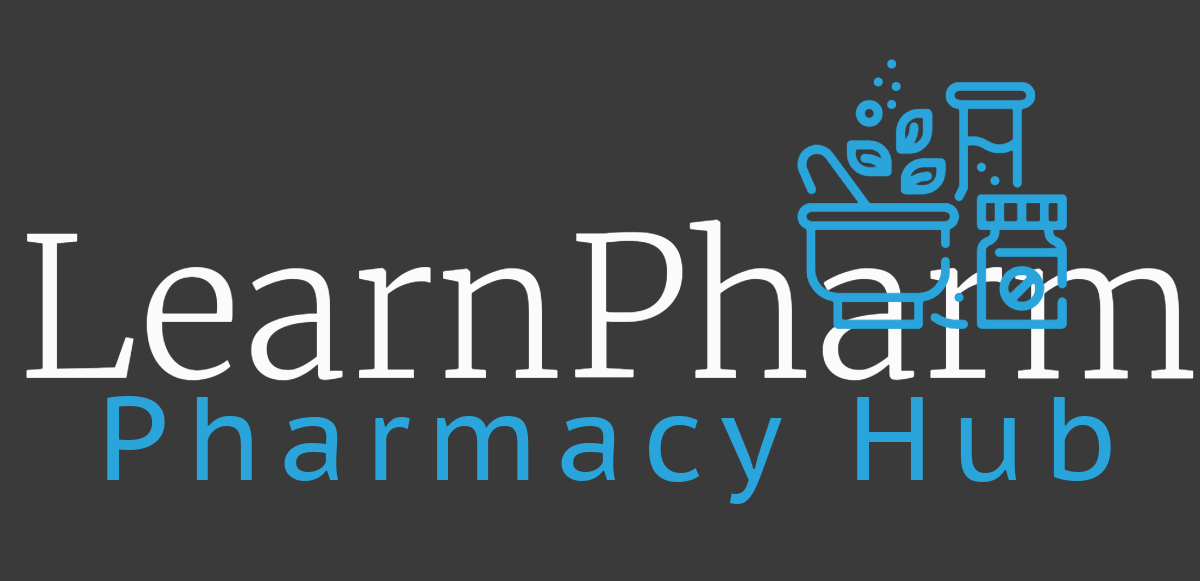CNS 21: Pharmacotherapy of Bipolar Disorders:
In this discussion, we will go over some facts about bipolar disorders (BDs), symptoms and diagnostics criteria, pharmacology therapy, and patient education. Bipolar Disorder Facts Bipolar disorder is a chronic psychiatric disorder characterized by shifts in mood that can range from severe depression to extreme mania. It is most closelyContinue Reading
CNS 20: Pathophysiology of Bipolar Disorder
In this discussion, we will discuss the pathophysiology of bipolar disorders and the mechanisms of action of mood stabilizers. Bipolar Disorder Etiology Bipolar disorder is considered the most heritable psychiatric disorder from studies of identical twins, where up to 40-70% of identical twins both have bipolar disorders. There seems toContinue Reading
CNS 19: Intro to Bipolar Disorder
In this discussion, we will go over presentations of bipolar disorders, types of bipolar disorder, and how to assess patients for bipolar disorder. Bipolar Disorder Introduction Bipolar disorder can be difficult to diagnose. Many patients were misdiagnosed, and some were overdiagnosed. It used to be referred to as Manic Depression.Continue Reading
CNS 18: Pharmacotherapy of Sleep Disorders
In this article, we will discuss the pharmacologic treatments of sleep apnea, narcolepsy, restless legs syndrome, jet lag, shift work sleep disorder, and parasomnias. Sleep Apnea Sleep apnea is characterized by fragmented sleep and periods of apnea. This is a cycle of repetitive cessation of breathing and a brief arousalContinue Reading
CNS 17: Pharmacotherapy of Insomnia
In this discussion, we will talk about different types of insomnia, sleep hygiene strategies, and pharmacologic options. Insomnia Overview Sleep is important! Insufficient sleep has been shown to lead to a multitude of health problems. When someone is unable to obtain sufficient sleep during the inability of fall asleep orContinue Reading
CNS 16: Introduction to Sleep Disorders
In this topic, we will discuss the neurobiology of sleep, sleep disorders, and pharmacologic options for sleep disorders. Sleep is Important! Here’s why Stages of Sleep Neurobiology of Sleep There are two opposing processes when we learn about sleep: The arousal process and the sleep process. The reticular activating systemContinue Reading
CNS 15: Circadian Rhythms
In this section, we’re discussing the circadian rhythm to prepare for sedative medication discussion. We will go over the anatomy and physiology of circadian rhythms. What are circadian rhythms and their functions? Many of our physiological processes work according to the daily cycle that moves according to the environmental timeContinue Reading
CNS 14: Treatment of OCD and PTSD
In this section, we are going to discuss presentations and treatment plans for OCD and PTSD. OCD and PTSD are part of a larger group of anxiety disorders. It is important to know that medications can induce anxiety. Below are some that can do that: Rapid titration of any ofContinue Reading
CNS 13: PTSD, OCD, and Associated disorders
In this section, we are going to be talking about the neurobiological theories of trauma, DSM-5 elements for PTSD, Reactive Attachment Disorder, Disinhibited Social Engagement Disorder, and OCD, clinical presentations of PTSD, and the different components of OCD. Post-Traumatic Stress Disorder (PTSD) It is our physiological make-up that we tendContinue Reading
CNS 12: Pharmacotherapy of Anxiety Disorders
In this section, we will discuss the pharmacotherapy of Generalized Anxiety Disorder, Panic Disorder, and Social Anxiety Disorder. For each disease state, we will go over symptoms, pharmacologic treatments, and adverse drug events for each treatment. Epidemiology of Anxiety Disorders Anxiety disorders are one of the most common psychiatric disorders.Continue Reading
